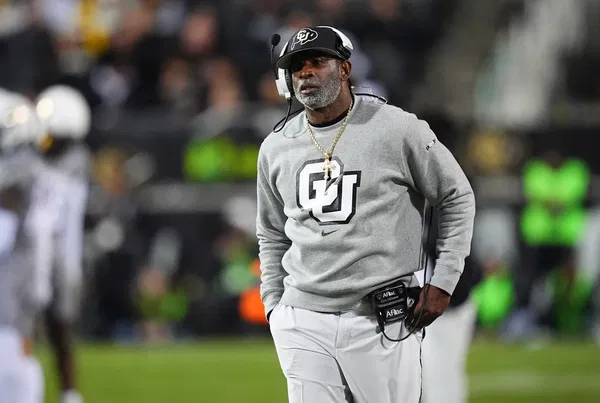The college football transfer portal has been a contentious topic, creating challenges for teams, coaches, and players, especially during the bowl season. The overlapping timelines of the transfer portal and the Name, Image, and Likeness (NIL) era have disrupted the college football landscape, leaving teams scrambling as players prioritize their careers over loyalty to their schools. Recently, Beau Pribula’s decision to leave Penn State, despite being a key backup quarterback, highlighted this issue. His departure not only impacts his former team but also underscores the broader dilemma players face—choosing between personal development and staying true to their school.

The transfer portal rules currently allow players to enter by December 28 or wait until the next window opens on April 16. This reduced timeframe was introduced in October after earlier complaints from coaches. However, the timing still poses challenges, particularly during the crucial bowl season when rosters often become depleted as players transfer. The issue extends beyond playoff teams, affecting smaller programs like Marshall, which opted out of a bowl game after a significant number of players transferred following a coaching change.
Suggestions to address this issue include modifying the transfer portal timeline, introducing binding agreements for participation in bowl games, and allowing redshirt players to participate without losing eligibility. These potential solutions aim to strike a balance between player freedom and maintaining team stability.
Some coaches, like SMU’s Rhett Lashlee, have expressed frustration with the current system, calling it “terrible” and “sad.” Lashlee criticized the lack of structure, noting that no other sport allows midseason free agency. He emphasized the need to prioritize what is best for young athletes rather than catering solely to their desires.
Deion Sanders, head coach at Colorado, has taken a different approach. Sanders promised to field a full roster for his team’s bowl game, emphasizing commitment and teamwork. He stressed the importance of finishing the season with the same players who started it, setting an example for other programs. Sanders criticized teams that struggle to field competitive rosters during bowl games, reaffirming his dedication to treating these games with the utmost seriousness.
While the current system remains in flux, the collective push for changes in the transfer portal deadline reflects a desire for more stability. However, whether these efforts will lead to meaningful reform remains uncertain. The transfer portal’s impact on college football continues to be a divisive issue, leaving many to debate whether it is a necessary step for player growth or a system in need of significant reform.